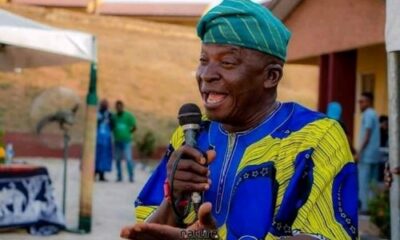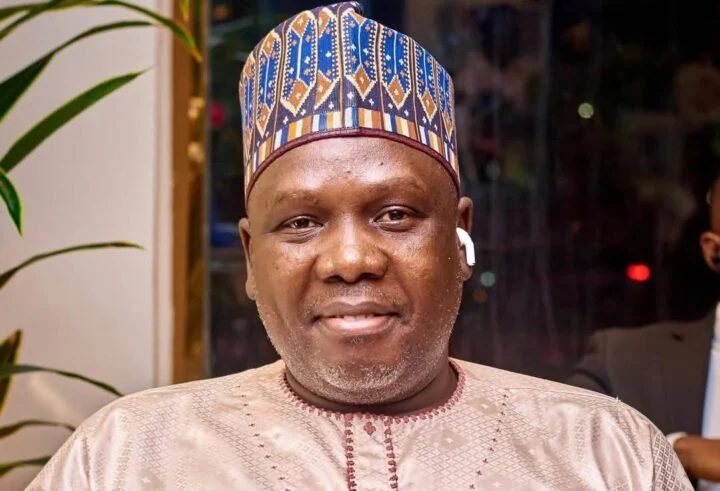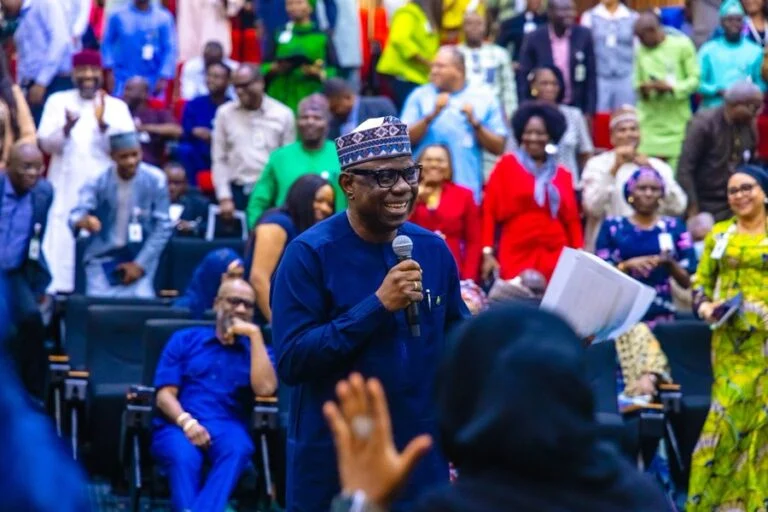Importers have slashed petrol prices lower than what the Dangote Petroleum Refinery offers, triggering a new wave of competition. This development follows a recent appeal by the President of the Dangote Group, Alhaji Aliko Dangote, urging the Federal Government to ban fuel importation.
According to The Punch, some fuel stations are now selling petrol below N860 per litre, whereas Dangote’s partners like MRS and Heyden are retailing between N865 and N875 in Lagos and Ogun States.
One filling station, SGR in Ogun, dropped its price to N847 per litre on Tuesday. Marketers confirmed to The PUNCH that most importers have adjusted their ex-depot petrol prices to undercut Dangote’s rates.
As of Tuesday, Dangote refinery’s petrol was selling at N820 per litre, while some depots priced theirs at N815. Data from Petroleumprice.ng showed that Aiteo, Menj, and others had petrol priced at N815/litre.
It was gathered that importers are strategically pricing their products to stay afloat. Many had earlier complained about incurring losses when the 650,000-barrels-per-day Dangote refinery began regular price reductions earlier this year.
Chinedu Ukadike, National Publicity Secretary of the Independent Petroleum Marketers Association of Nigeria, confirmed the ongoing price reductions by importers.
“Depot owners are dropping their petrol prices. Some of them are selling N815, some are selling N817, while Dangote is selling N820. NNPC is still selling at N825; it has not dropped its prices yet,” Ukadike said.
He praised this trend as a positive sign of a liberalised market and advised President Bola Tinubu not to consider banning fuel imports.
“This is the beauty of the liberalisation of the market. That is why we opined that the President should not ban anybody from importing petroleum products. Nobody should be stopped from bringing in petroleum products. That is the beauty of opening up the market. Implementation and local refining will checkmate unfair pricing. As an indigenous country, you must refine to ensure that you have the best price,” Ukadike added.
Addressing concerns over substandard fuel being brought into the country, Ukadike noted that the Nigerian Midstream and Downstream Petroleum Regulatory Authority exists to monitor such issues.
Currently, it appears importers are challenging Dangote by aggressively cutting prices, a move Dangote recently called “unfair competition.” According to him, fuel imports into Nigeria are undermining domestic refining and deterring further investments in the energy sector and wider economy.
To sustain local operations, he urged African governments to take protective measures like the United States, Canada, and the European Union have done.
Dangote stated that the “Nigeria First” policy announced by President Bola Tinubu should be extended to the petroleum product industry. “The Nigeria First policy announced by His Excellency, President Bola Tinubu, should apply to the petroleum product sector and all other sectors,” he said.
Dangote is calling for a ban on the importation of locally available products such as petrol and diesel. He argued that local refiners are struggling to compete due to what he termed “dumping,” and claimed importers are bringing in substandard fuels that wouldn’t be allowed in Europe.
“And to make matters worse, we are now facing increased dumping of cheap, often toxic petroleum products, some of which are blended to substandard levels that would never be allowed in Europe or North America,” he said.
He also said some importers are supplying subsidised petroleum products or crude oil from Russia, which negatively impacts domestic pricing and forces local refiners to sell below production cost.
“Due to the price caps on the Russian petroleum products, discounted petroleum products produced in Russia or with discounted Russian crude find their way to Africa, severely undercutting our local production, which is based on full crude pricing. This has created an unlevel playing field in most African countries. Petrol and diesel are sold for about a dollar net of taxes.
“In Nigeria, due to this unfair competition, this price is just about 60 cents, even cheaper than Saudi Arabia, which produces and refines its own oil. This is due to the fact that we are having too much dumping. To remain viable, we urge the governments across Africa to take deliberate steps as the United States, Canada, and the European Union have done to protect domestic producers from unfair competition,” he said during an event hosted by the Nigerian Upstream Petroleum Regulatory Authority in Abuja.
However, marketers opposed Dangote’s request, urging the Federal Government not to place petroleum products on the import ban list under the “Nigeria First” policy.

 BIG STORY3 days ago
BIG STORY3 days ago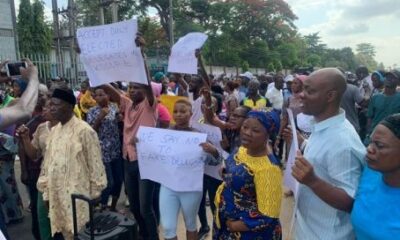
 BIG STORY3 days ago
BIG STORY3 days ago
 BIG STORY3 days ago
BIG STORY3 days ago
 BIG STORY2 days ago
BIG STORY2 days ago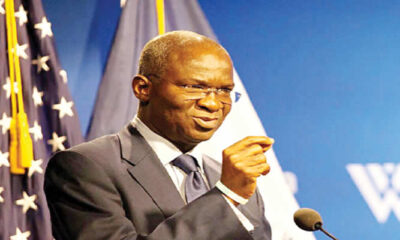
 BIG STORY23 hours ago
BIG STORY23 hours ago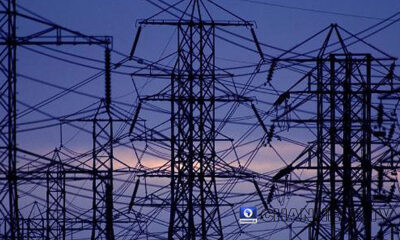
 BIG STORY3 days ago
BIG STORY3 days ago
 BIG STORY3 days ago
BIG STORY3 days ago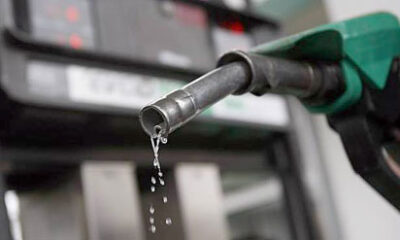
 BIG STORY19 hours ago
BIG STORY19 hours ago














